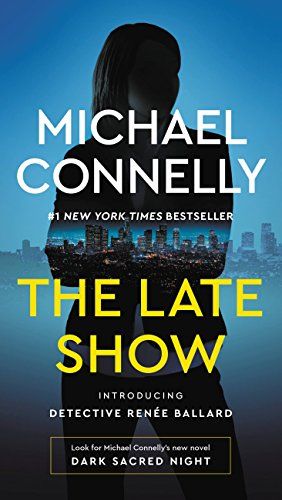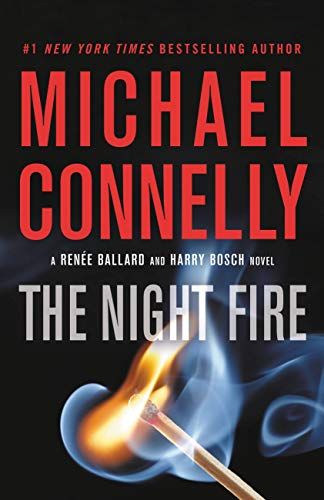What are you reading now?
-
“Haller answered with what Bosch would describe as a reluctant grunt.
“It’s Bosch. I wake you?”
“No, man, I’m awake. I usually don’t answer blocked calls this early. It’s usually one of my clients saying, ‘Mick, the cops are knocking on my door with a warrant, what do I do?’ Stuff like that.”
“Well, I got a problem, but a little different.”
“My brutha from another mutha, what’s wrong? DUI?”
Haller was fond of the line and said it every time, always employing a half-assed impression of the Texas-bred Matthew McConaughey, the actor who had played him in a movie six years earlier.”@George-K said in What are you reading now?:
“Haller answered with what Bosch would describe as a reluctant grunt.
“It’s Bosch. I wake you?”
“No, man, I’m awake. I usually don’t answer blocked calls this early. It’s usually one of my clients saying, ‘Mick, the cops are knocking on my door with a warrant, what do I do?’ Stuff like that.”
“Well, I got a problem, but a little different.”
“My brutha from another mutha, what’s wrong? DUI?”
Haller was fond of the line and said it every time, always employing a half-assed impression of the Texas-bred Matthew McConaughey, the actor who had played him in a movie six years earlier.”That's referential at its finest.

At the end of the Black Echo re-print, there was an interview with Connelly and Welliver. Two interesting things:
- Connelly admitted that the movie and TV adaptations of his novels have greatly influenced the novels that were written afterward.
- Titus Welliver doesn't like giving his own name at Starbucks because whenever he does and they yell his name out, everyone in the place turns their head to see who the person is that's named "Titus." So he always says it's for Harry.
-
I'm on another Bosch kick, as if you haven't noticed.
Started this today:
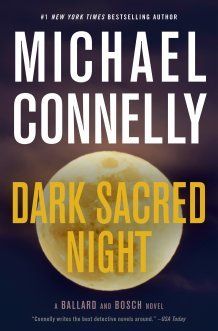
It's the 2nd "Renee Ballard" book, but in the first few chapters, Bosch makes an appearance. I haven't read the 1st Ballard book (yet), but I wanted to dive into this because it's a followup on what happened in "Two Kinds of Truth" - Harry searches for Daisy's murderer.
Renée Ballard is working the night beat again, and returns to Hollywood Station in the early hours only to find a stranger rifling through old file cabinets. The intruder is retired detective Harry Bosch, working a cold case that has gotten under his skin. Ballard kicks him out, but then checks into the case herself and it brings a deep tug of empathy and anger.
Bosch is investigating the death of fifteen-year-old Daisy Clayton, a runaway on the streets of Hollywood who was brutally murdered and her body left in a dumpster like so much trash. Now, Ballard joins forces with Bosch to find out what happened to Daisy and finally bring her killer to justice.
-
I'm on another Bosch kick, as if you haven't noticed.
Started this today:

It's the 2nd "Renee Ballard" book, but in the first few chapters, Bosch makes an appearance. I haven't read the 1st Ballard book (yet), but I wanted to dive into this because it's a followup on what happened in "Two Kinds of Truth" - Harry searches for Daisy's murderer.
Renée Ballard is working the night beat again, and returns to Hollywood Station in the early hours only to find a stranger rifling through old file cabinets. The intruder is retired detective Harry Bosch, working a cold case that has gotten under his skin. Ballard kicks him out, but then checks into the case herself and it brings a deep tug of empathy and anger.
Bosch is investigating the death of fifteen-year-old Daisy Clayton, a runaway on the streets of Hollywood who was brutally murdered and her body left in a dumpster like so much trash. Now, Ballard joins forces with Bosch to find out what happened to Daisy and finally bring her killer to justice.
@George-K said in What are you reading now?:
I'm on another Bosch kick, as if you haven't noticed.
Started this today:

It's the 2nd "Renee Ballard" book, but in the first few chapters, Bosch makes an appearance. I haven't read the 1st Ballard book (yet), but I wanted to dive into this because it's a followup on what happened in "Two Kinds of Truth" - Harry searches for Daisy's murderer.
No it's not just the intro chapters. Every Ballard book is about 50/50.
-
@George-K said in What are you reading now?:
I'm on another Bosch kick, as if you haven't noticed.
Started this today:

It's the 2nd "Renee Ballard" book, but in the first few chapters, Bosch makes an appearance. I haven't read the 1st Ballard book (yet), but I wanted to dive into this because it's a followup on what happened in "Two Kinds of Truth" - Harry searches for Daisy's murderer.
No it's not just the intro chapters. Every Ballard book is about 50/50.
-
@George-K said in What are you reading now?:
@Aqua-Letifer said in What are you reading now?:
Every Ballard book is about 50/50.
Ahh...
How are the Audio versions of these?
-
@George-K said in What are you reading now?:
@Aqua-Letifer said in What are you reading now?:
Every Ballard book is about 50/50.
Ahh...
How are the Audio versions of these?
@LuFins-Dad said in What are you reading now?:
How are the Audio versions of these?
The later Bosch books are read by Welliver. They're good.
-
@LuFins-Dad said in What are you reading now?:
How are the Audio versions of these?
The later Bosch books are read by Welliver. They're good.
@George-K said in What are you reading now?:
@LuFins-Dad said in What are you reading now?:
How are the Audio versions of these?
The later Bosch books are read by Welliver. They're good.
The earlier ones narrated by Dick Hill are very good, but he does interpret the characters different from the shows (or from Welliver). But they're solid.
There's a third guy who sucks, though.
-
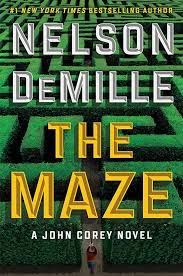
If u know the John Corey series, this is the latest installment. Very New York. The usual John Corey sarcasm.
Actually and by amazing coincidence, it just came out before the gilgo beach murderer was arrested. The book fictionalizes that case.
-
I’ve got two audiobooks going, I’m switching back and forth depending on the background task. The Shirer requires a bit more attention be paid.
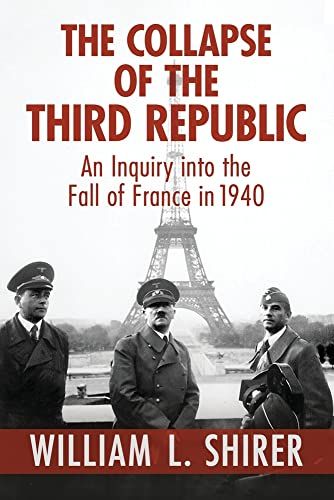
I have read his Rise and Fall of the Third Reich I believe 3 times. Like that book, this is also quite interesting and informed by his personal experiences as he lived in Paris from 1925 until the early 30s, and then later when he had to leave Germany.
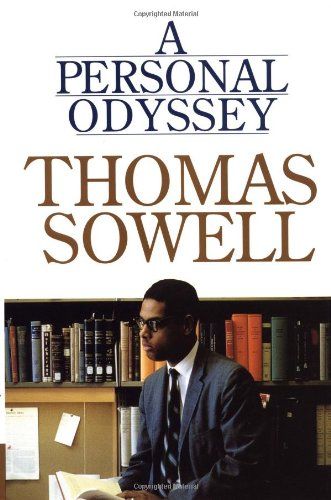
This is a good casual read, he’s had an interesting life.
-
@George-K very much enjoyed both. If you get to Desert Star, be interested to hear how you liked it.
I'm currently on:
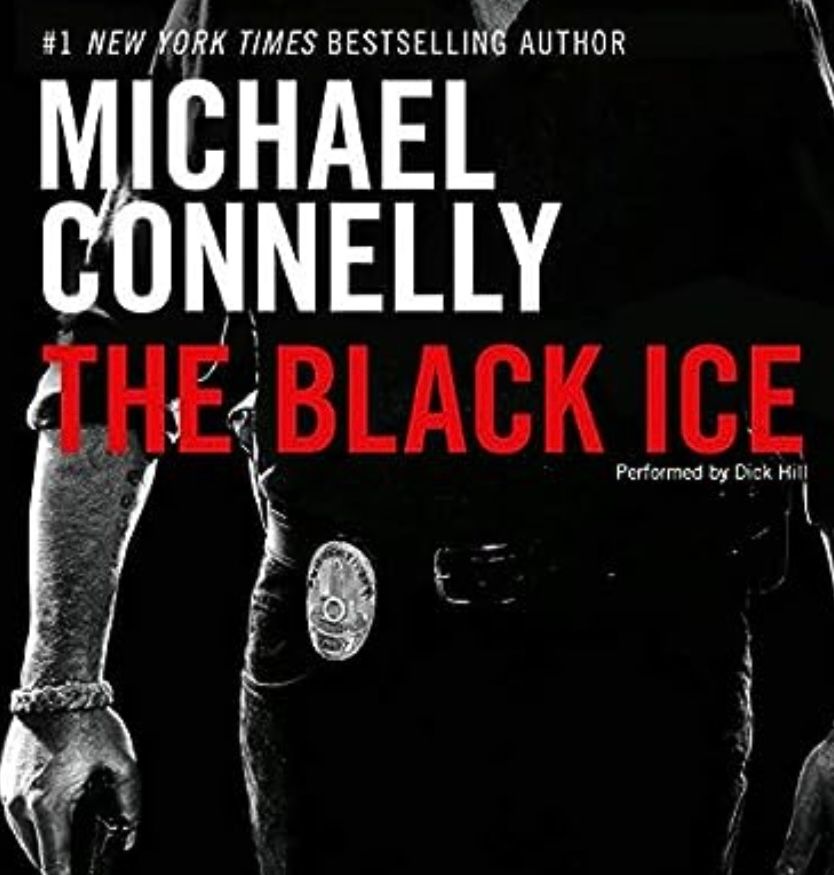
-
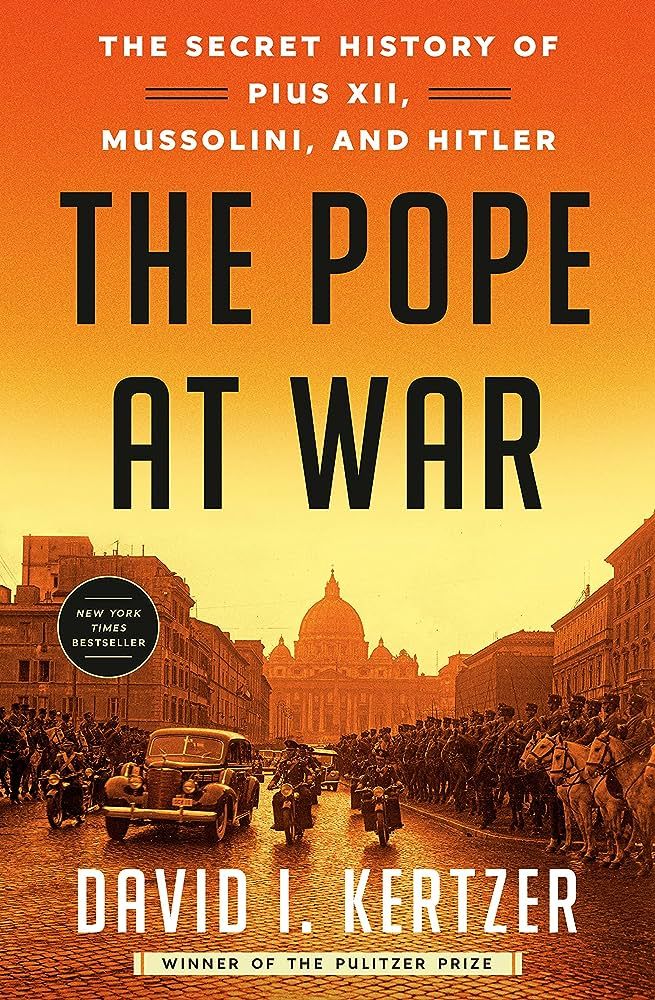
-
Just happened to read two books that are set in the Midevil times.
The first:

Kind of a fun book. Not too difficult or "academic". Takes a look at different topics in 1300's England; eating, lodging, markets, etc. Very easy read.
The second one is much more interesting

The story of the painting of the Sistine Chapel in Rome by Michelangelo.
Quite fascinating and interesting story about how it happened. Michelangelo really was quite a genius. (On a side, I have always heard a story that he painted this while on his back. Not true. LOL Also quite interesting was how to paint on fresco).
Recommended!!
-
Just happened to read two books that are set in the Midevil times.
The first:

Kind of a fun book. Not too difficult or "academic". Takes a look at different topics in 1300's England; eating, lodging, markets, etc. Very easy read.
The second one is much more interesting

The story of the painting of the Sistine Chapel in Rome by Michelangelo.
Quite fascinating and interesting story about how it happened. Michelangelo really was quite a genius. (On a side, I have always heard a story that he painted this while on his back. Not true. LOL Also quite interesting was how to paint on fresco).
Recommended!!
@taiwan_girl if you enjoyed Mortimer's book (and I haven't read it, yet), you might also like Bryson's At Home: A Short History of Private Life .
Bryson is an engaging author who has a knack for making what we consider mundane things fascinating. In this book he writes about how life has changed from the times when today's conveniences and conventions became common.
In these pages, the beloved Bill Bryson gives us a fascinating history of the modern home, taking us on a room-by-room tour through his own house and using each room to explore the vast history of the domestic artifacts we take for granted. As he takes us through the history of our modern comforts, Bryson demonstrates that whatever happens in the world eventually ends up in our home, in the paint, the pipes, the pillows, and every item of furniture.
For example:
“Dining tables were simply boards laid across trestles, and cupboards were just what the name says – plain boards on which cups and other vessels could be arrayed. But there weren’t many of those. Glass vessels were rare and diners were generally expected to share with a neighbour. Eventually cupboards were incorporated into rather more ornate dressers, which have nothing to do with clothing but rather with the preparation, or dressing, of food.
In humbler dwellings, matters were generally about as simple as they could be. The dining table was a plain board called by that name. It was hung on the wall when not in use, and was perched on the diners’ knees when food was served. Over time, ‘board’ came to signify not just the dining surface but the meal itself, which is where the ‘board’ comes from in ‘room and board’. It also explains why lodgers are called ‘boarders’ and why an honest person – someone who keeps his hands visible at all times – is said to be above board.”
“Seating was on plain benches – in French, bancs, from which comes ‘banquet’. Until the 1600s chairs were rare – the word itself dates only from about 1300 – and were designed not to be comfortable but to impute authority. Even now, of course, the person in charge of a meeting chairs it, and a person in charge of a company is the chairman of the board – a term that additionally, and a little oddly, recalls the dining habits of medieval peasants.”
-
I've been a fan of Reynolds for several years. His "hard" sci-fi has always been dense and at times difficult. Concepts span from one book to another and stuff that doesn't make sense is explained in subsequent books. His "Inhibitor Series" is a huge work.
He is an astrophysicist, so much of his writing is grounded in "real" science. For example, his description of a "space elevator" is fantastic.
So, I started this today:
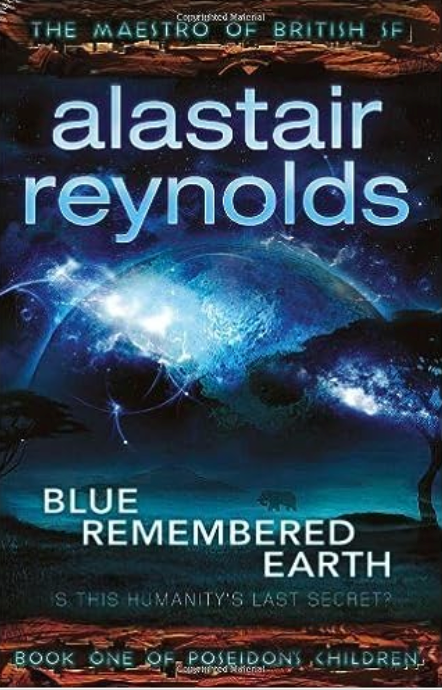
The story focuses on Geoffrey and Sunday Akinya, a brother and sister who are members of a powerful African corporate family. Following the death of their influential grandmother Eunice, the siblings begin investigating a series of cryptic messages that Eunice left across the Solar System over the previous century, during her voyages to Pythagoras Crater, Phobos, Pavonis Mons, and the Kuiper Belt.
Much, much easier reading than his other works. I'm just "a bit" into it, but it's quite engaging.
-
@bachophile said in What are you reading now?:

Let us know if you like it.
Also, how was the book on Pilate?
-
@bachophile said in What are you reading now?:

Let us know if you like it.
Also, how was the book on Pilate?
@jon-nyc the pilate book was very hard to read, and i eventually gave up on it. there is very little source material on pilate and most of the book seemed to be a lot of conjecture and guessing.
otoh, kertzer is amazing. well written, easy to read...and significantly, its based on a lot of new material just released, as Pope Francis has allowed the release of secret archival material which was kept under wraps for many years.
so i highly recomment kertzer, the other book, was simply not good.
-
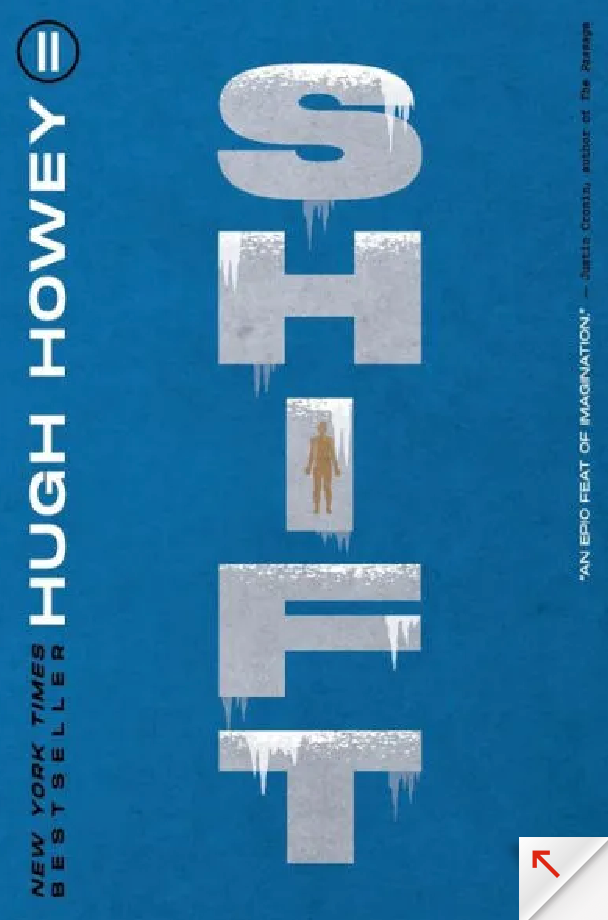
Book 2 of the "Silo" trilogy by Hugh Howey. The first book was an interesting, though somewhat predictable, take on post-apocalyptic sci-fi.
This book is set in the past, describing the events that led to Wool. Much more engaging, with some interesting twists. I'm about ⅓ of the way through it and enjoying it. Later in the book, it ties in with the events of Wool.
